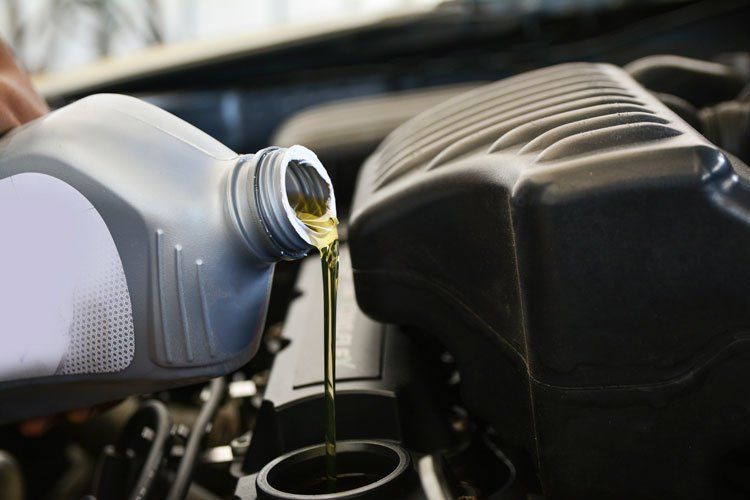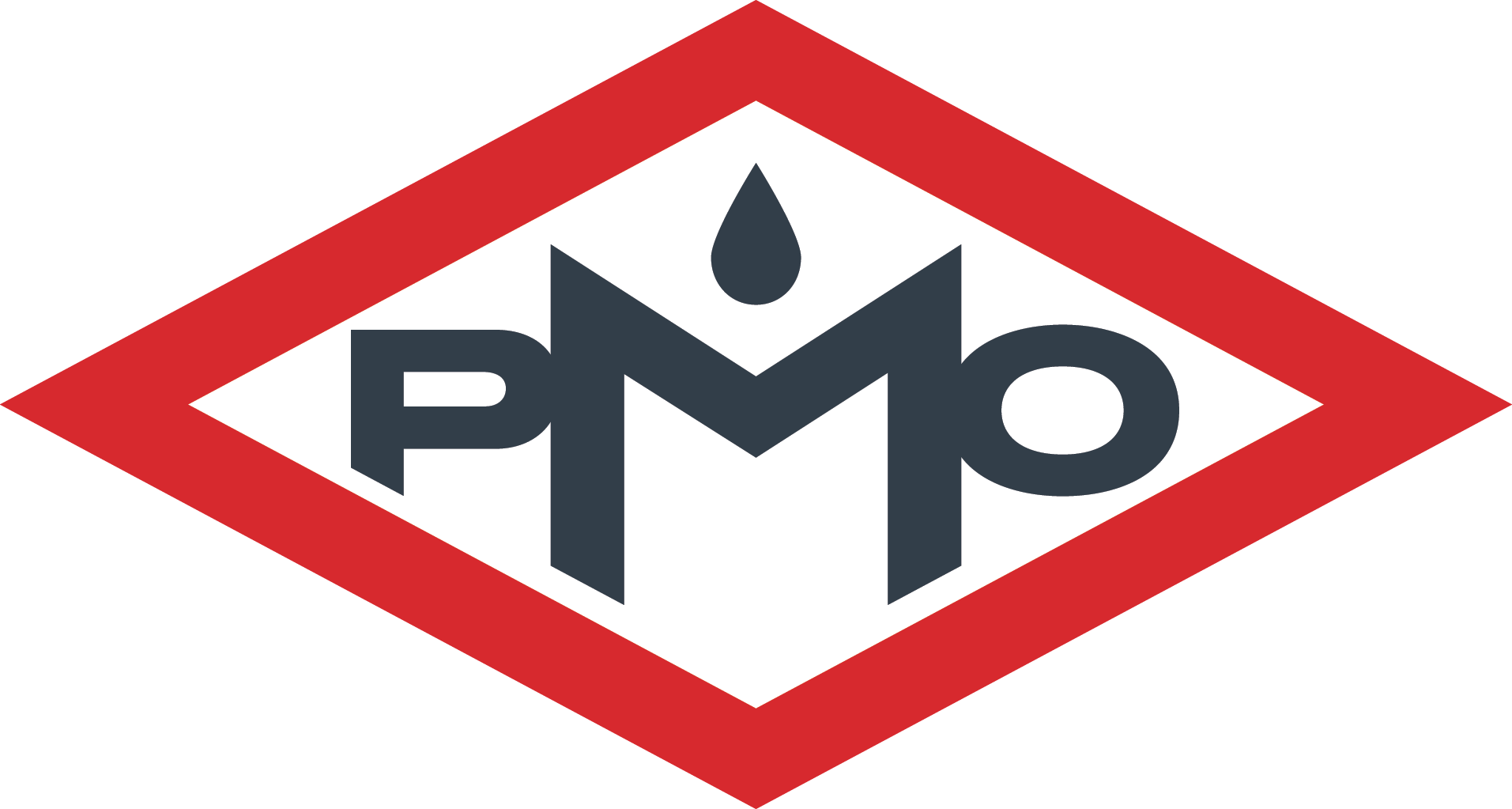What Is Fuel Polishing and How Does It Work?

If you own a generator, the diesel fuel that powers it might sit around a long time, depending on how quickly you use it up. As the fuel sits, it can accumulate debris that will lower the quality of the fuel and possibly lead to generator failure or damage.
Fuel polishing is a specialized service that can solve your problem. Read this blog to learn more about what fuel polishing is and how it work.
What Is Fuel Polishing?
Even if you remember to maintain your generator regularly, you might overlook the quality of the fuel it holds, especially if your generator is only for power outages or emergencies and rarely used. Consequently, the fuel quality can deteriorate without you noticing until it's too late.
The poor quality of the fuel is primarily from contaminants that find their way into the tank. These contaminants include:
- Water
- Rust
- Soot
- Dirt
- Microbial growth, including bacteria, mold, and yeast
- Organic compounds produced by microbes
If you take a sample of the fuel at the bottom of your tank, it may appear cloudy or even have some sludge in it. This means that your fuel is no longer clean and has been contaminated.
Why Is Fuel Polishing Important?
If the fuel continues to worsen, you may see problems like:
- Foul smells
- Blocked filters
- Worn fuel injectors
- Corroded tanks
Most of the time, this means that your generator just won't work as well as it should. However, in severe cases, the contamination could lead to fuel system failure. If you invest in fuel polishing early on, you'll save yourself money on costly repairs and fuel replacement, and you'll make sure your generator is functional in the event of an emergency.
However, there are some things that fuel polishing cannot do: fuel polishing is generally only meant for diesel fuels, so contact your provider if you're concerned about other fuel types.
Additionally, if your fuel is extremely degraded, fuel polishing may not be enough - while fuel polishing can clean out dirty fuel and prevent problems from getting worse, it can't fix everything. When you contact a professional to test your fuel, they'll let you know if it has gotten bad enough that it needs to be replaced entirely.
How Does Fuel Polishing Work?
Fuel polishing involves several processes, the first of which is removing debris from the fuel. The technician will pump the fuel out of the tank and run it through a series of progressively smaller filters. These filters will take out any particles that have been floating in your fuel.
While the fuel is out of the tank and being pumped through the filters, the technician can also clean out the inside of your tank. This removes rust and sludge that have built up on your walls, so when the clean fuel comes back to your tank it won't immediately be contaminated again.
After the solid particles are out of the fuel, the next step is removing water from the tank. If water gets into your fuel, it will lower its efficiency and allow the spread of microbes like bacteria and yeast. If you have microbes living in your fuel, taking out the water will stop their spread, but you may also need a biocide added to your fuel to kill what's already living there.
Once the solid waste and water are out of your fuel and your tank is clean, the technician will put the clean fuel back, and your generator will be safer, more efficient, and less likely to need repair.
For experienced and qualified fuel polishing, reach out to Paul Murray Oil, Inc. We offer comprehensive fuel polishing services that can save you money and prevent long-term problems.
